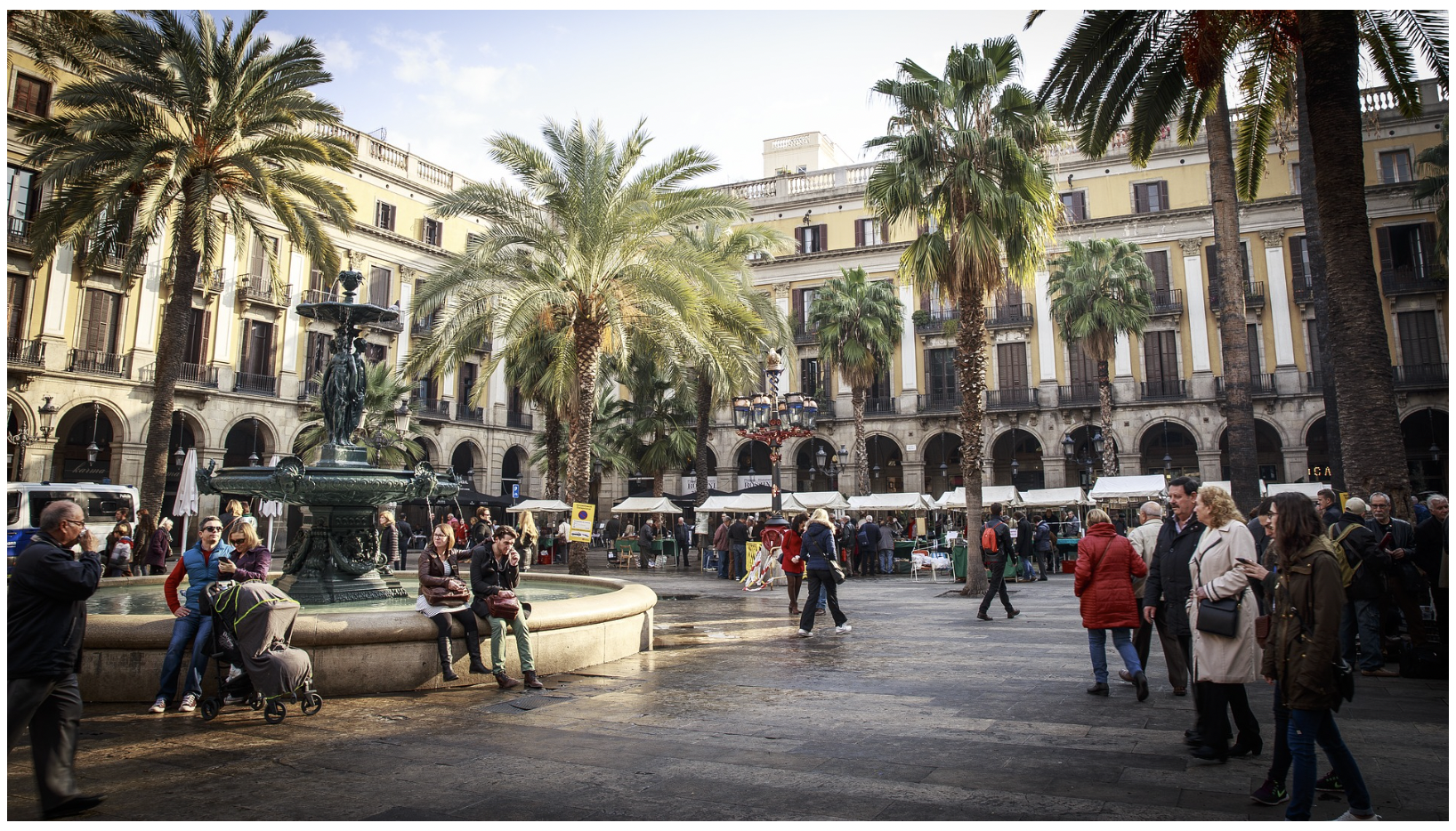Taking Public Transportation
Mindset of Change
People in Between by EABS, Jaubi
I was recently in Japan, and like many others before me, marveled at the incredible complexity and efficiency of Japan's public transportation system. Let me give a brief synopsis.
- No single business entity, nor the government, maintains or derives revenues from all the train, bus, and tram lines. Instead, different companies maintain different lines, allow different forms of payment (this really got me several times), and charge differently.
- That said, the JR companies, formerly Japan National Railways, privatized in the early 1990's, run a large number of lines, including the Shinkansen (the high speed rail). These companies include JR East, JR West, JR Central, and JR Kyushu. (wikipedia.com) If you're interested in the financing and history of this setup, check out bloomberg.com. It's pretty neat.
- In general, the tracks are owned by the national or local government (in some cases, the JR companies), while cars and schedules are owned and run by private companies. This provides standards and car/rail compatibility.
- As in many other cities, your fare depends on the distance you ride. This means you swipe in and out, and your fare is variable.
- You are required to pay exact fare to ride. For trains, this is somewhat streamlined by the use of IC cards and train tickets. For buses (as yours truly found out), this can be rather tricky, as you need exact change.
- If you visit Japan, you will find affordable beverage vending machines everywhere, but particularly in or near public transportation. My theory is that these are opportunely placed to provide change.
- Buses and trains are extremely punctual and in metropolitan areas, run every few minutes. In rural areas, decidedly less often, but no less punctual!
What this adds up to is as close to an ideal form of capitalism as I have ever seen. Yes, the government subsidizes and nudges the direction of various offerings, but there is also very healthy competition, which encourages innovation and high quality. And though the rather dizzying array of transportation options can be hard to navigate (especially for tourists), it is also extremely efficient and logical once you get the hang of it. As for cost: though long journeys on the Shinkansen can be expensive, local transportation is generally very cheap, especially with various passes. Notably, seniors (as everywhere in Japan) also get some pretty great discounts.
Anyway, enough of waxing poetic about Japan's public transportation. While I fervently pray that one day the US will get its act together, and we too will be blessed with such a lovely system, today is a different story.
Why does it matter?
So why do we care about taking public transportation?
- On average it lowers greenhouse gas emissions by about 45% (transportation.ucla.edu)
- Fewer cars means we can rethink how to use all the space taken up by roads and parking lots. For some neat inspo, check out all these cities that are already car free! Imagine the parks and gardens! The outdoor shops and cafes!
- It's generally much cheaper, to the tune of an average $13K annually. (apta.com)
- It's better for our health, both due to reduced accidents and lower pollution, as well as reduced physical movement (cdc.gov).
Of course, 45% of Americans do not have reliable access to public transportation. Unfortunately, many of our cities are built for cars (shout out to Mackinac Island for doing it differently!).

Do something about it
Find out how much you can save in fuel, carbon emissions, and money!
If you're in a city with decent public transportation (after being in Japan, I don't know if I would say any place in the US has good public transportation - yes I am a snob now), then try to take it. Cut back on your driving and your Ubers, and embrace the lack of control!
Working too much, not making enough money, buying too much, too crunched for time, poor mental health, giving too much power to a few big companies - somehow convenience has become the answer instead of truly questioning the status quo.
By unraveling this reliance on convenience, I think we will begin to rethink how we live.
If you're in an area with good interstate train travel (I'm looking at you Northeastern US), skip the flight and take Amtrak instead! Traveling by train is so much less stressful than flying. [And for those who want to be train pros, get yourself a portable wifi device for maximum work-from-anywhere. Also...great work benefit for those looking to be the green advocate in their professional arena.]
And if you are part of that 45% that doesn't have reliable access to public transportation, advocate to change it! There are federal funds earmarked for civil infrastructure improvements in the next several years. Advocate for your State to make better use of those funds!
To hear from some (probably mostly real) people who went car free, check out this reddit thread!
People who went car free, how has your life changed ?
by u/mydriase in fuckcars
Lol note this is from the subreddit r/fuckcars so...ya know, take it with a grain of salt, but also yea...fuck cars. Why do they need to dominate our existence? Gas-chugging expensive dangerous hardware that they are, must we? I think not.